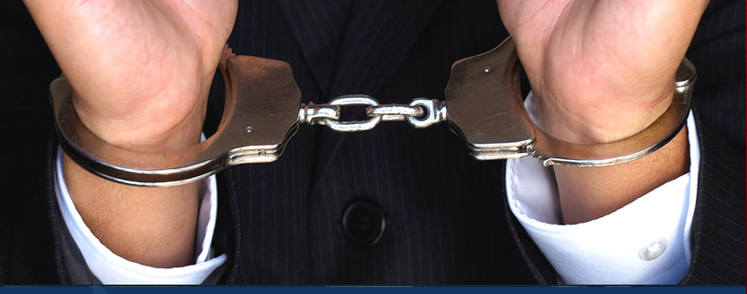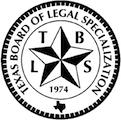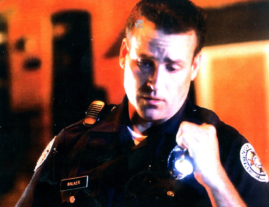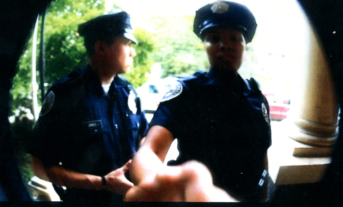ABSOLUTELY.
In Texas, you are legally allowed to record police encounters as long as you do not interfere with their work (a.k.a. interfering with public duties). Police may harass you, detain you, or try to intimidate you, but they can not arrest you for merely recording them. Recordings have exonerated many people, and often times is the only available, credible evidence.You have the absolute right to record and photograph police unless you are physically interfering with them in the performance of their duties. You must be on public property, your own property, or if you are on private property, you must have permission from the owner.
Police can tell you to step back, but they cannot tell you to stop recording. They cannot order you to leave the area if other members of the public (without cameras) are allowed to stay. If you are going to record the police, do it in an open and obvious (and non-confrontational) manner.
Police likely will instruct you to avoid interfering. Also, it is pertinent to know that pursuant to the 1st amendment, there are NO circumstances under which the contents of a camera or recording device should be deleted or destroyed. Officer’s may try and trick you into believing the 1st amendment -right to record – only applies to mainstream media journalist. This is not the case.
As with many police encounters your attitude can make the difference in how you will be treated.
However, a general tip is to know when to walk away. If the officer threatens to arrest you if you keep recording, at this point you are risking arrest in order to test the boundaries of free speech. If police say they’ll arrest you, believe them. It may not be a lawful arrest, but that hasn’t stopped police before.
If you keep recording, brace yourself for arrest. If you are arrested, don’t resist. As with any arrest, you have the right to remain silent until you speak with a criminal attorney. Contact your criminal defense attorney as soon as possible.






















